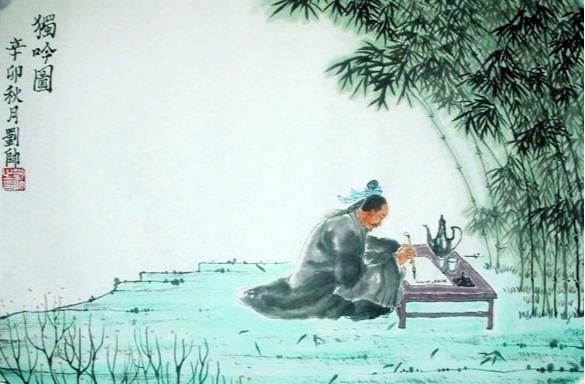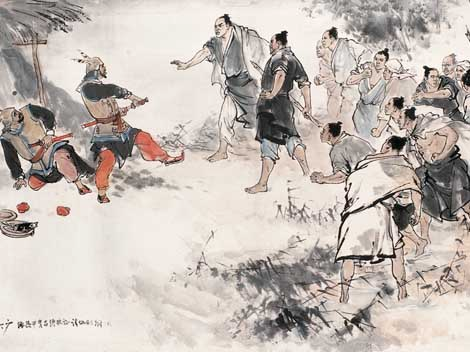Comparing Chinese Philosophies

Ancient Chinese society was heavily influenced by its early philosophies. These philosophies developed as a response to power struggles between warring kingdoms and the political uncertainty that resulted.
The major philosophies of Taoism, Confucianism, and Legalism affected not only the government that ruled the land, but also its people. Even today these belief systems continue to play a role in the lives of the Chinese people.
Taoism was created by philosopher Lao-Tzu, who wrote the Tao Te Ching during the Zhou Dynasty in the 6th century BCE. Taoists believe that a universal force guides all living things and the natural order is more important than the social order.
Humans should model this principle by trying to live as simply as possible and in harmony with nature. In addition, humans should accept their situation and understand that negative things happen to them because nature balances good and bad energy.
The Ying Yang symbol is used to represent this balance of the universe.

Another important philosophy was based on the teachings and philosophies of Confucius. At the time, China was in disorder because the lords were not ruling favorably.
Confucius believed in the importance of honor and morality and that rulers needed to be honest, rule fairly, and set a good example for their subjects. If rulers acted with integrity, then their subjects would gladly follow their leadership and order would be restored to China.
Confucianism teaches that respect for parents and elders is essential for a well-ordered society. Strong family relationships are keys to social order, harmony, and good government. Confucianism believes in the importance of education to both the welfare of the individual and to society.
Legalism was an important philosophy developed by Chinese philosopher Han Feizi during a time of constant warfare in China. Legalism would be the doctrine adopted by China's first imperial dynasty.

China's first emperor, Qin Shi Huang Di, adopted Legalism because he agreed with its basic belief that people were inherently selfish and could not be trusted.
He set up a strong government with tight control over society and enacted laws based on the teachings of Legalism.
Severe punishments were used to maintain social order and he imprisoned and killed people who spoke unfavorably of him.
Qin Shi Huang Di believed that thoughts and ideas should be strictly controlled by the government. He removed books that he thought contained dangerous or harmful information. This included many books on Confucian philosophy.